新人教版高中英语选修2Unit 2 Bridging Cultures-Discovering useful structures教学设计
-
- 页数:7页
- 字数:约 8460 字
- 大小:144.50KB
- 格式:.doc
- 版本:Office2016及以上版本
- 作者:光影设计
Unit 2 Bridging Cultures-Discovering useful structures教学设计
复习名词性从句
The grammar of this unit is designed toreview noun clauses. Sentences that use nouns in a sentence are called nounclauses. Nominal clauses can act as subject, object, predicate, appositive andother components in compound sentences. According to the above-mentioneddifferent grammatical functions, nominal clauses are divided into subjectclause, object clause, predicate clause and appositive clause. In this unit, wewill review the three kinds of nominal clauses. Appositive clauses are notrequired to be mastered in the optional compulsory stage, so they are notinvolved.
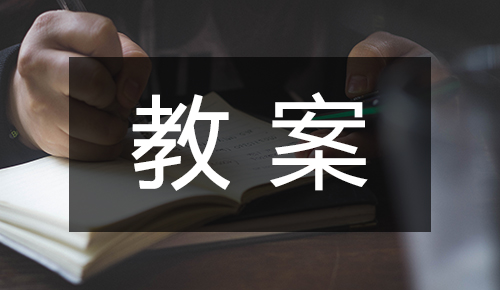
1. Guide the students to judge the compound sentences and determine thecomposition of the clauses in the sentence.
2. Instruct students to try to learn grammar by generalizing grammar rules,controlling written practice, and semi-open oral output.
3. Inspire the students to systematize the function and usage of noun clause
1.Instruct students totry to learn grammar by generalizing grammar rules, controlling writtenpractice, and semi-open oral output.
2.Inspire the students tosystematize the function and usage of noun clause
Step1: The teacher ask studetns to find out more nominalclauses from the reading passage and udnerline the nominal clauses.
1. Laura says she always feels hungry when she smells it, so Itaught her how to cook it, too.
劳拉说她一闻到它就觉得饿,所以我也教了她怎么做。
2.…her tutor explained that she must acknowledge what otherpeople had said if she cited their ideas...她的导师解释说,如果她引用别人的观点,她就必须注明引用了别人所说的话。
3.Whatsurprised her was that she found herself speaking up in class after just a fewweeks.
令她惊讶的是,仅仅几周后,她就发现自己敢于在课堂上发言。
4.What seemed strange before now appears quite normal toher.以前看起来很奇怪的事,现在在她看来就很正常了。
语法要点:
1.以上各句为主从复合句,句中使用了相当于名词作用的从句(即名词性从句)在句中充当成分。
2.句1中says后为省略了that的宾语从句。
3.句2中explained后为that连接的宾语从句,that只起连接的作用,不充当句子成分;acknowledge后为what连接的宾语从句,what在从句中充当宾语。
4.句3中what surprised her 为what连接的主语从句,what在从句中充当主语;that shefound...为that连接的表语从句,that只起连接的作用,不充当句子成分。
5.句4中What seemed strange before为what连接的主语从句。
Step 2:名词性从句基本知识梳理
一、主语从句、宾语从句和表语从句的定义及特点
(一)主语从句
主语从句是指在句中作主语的从句,位置与陈述句的主语相同。
Whether the sports meet will be held is not certain now.运动会是否将举行现在不能确定。
[名师点津] 若主语部分结构较长,可以使用形式主语it,把真正的主语从句放于后面。
That she will do well in her exam is certain.
=It is certain thatshe will do well in her exam.她在考试中会做得好,这是确定无疑的。
How we understand things has a lot to do withwhat we feel.
我们如何理解事物与我们的感觉有很大关系。
That he had met a kind librarian in the city library gave us nosurprise.
他在市图书馆遇到了一位善良的图书管理员,这并没有使我们感到惊讶。
Every year, whoever makes the most beautiful kite will wina prize in the Kite Festival.
每年制作出最漂亮风筝的人都会在风筝节上获奖。
What he had said surprised everyone present.他所说的话让在场每一个人吃惊。
It seemed that he had donated all his money to those in need.他似乎已将所有的钱都捐给了那些需要帮助的人。
(二)宾语从句
Everyone knows that the earth is made up of matter.每个人都知道地球是由物质构成的。
She asked me whether I had returned the books to the library,and I admitted that I hadnt.
她问我是否把书还给图书馆了,我承认没有。
I dont know where I can place my luggage.我不知道我的行李可以放在哪里。
We discussed whether we should use the money to buy a newhouse.
我们讨论该不该用这笔钱买套新房子。
Im not certain whether the train will arrive on time.我不确定火车是否将会按时到达。
注意:形容词后跟宾语从句的用法只限于少数动态形容词,如sure(确信),certain(肯定),afraid(担心),confident(有把握的)等。
注意
(1)宾语从句的否定转移:think、believe、suppose、 imagine等动词后的宾语从句中的否定词要转移到主句中,即主句的谓语动词用否定式,而从句的谓语动词用肯定式。
I dont think we need to waste much time on it.
我想我们不必在这上面浪费太多时间。(形式上否定主句,实际上还是否定从句)
(2)“doubt+宾语从句”的应用。
肯定句中用whether或if,否定句和疑问句中用that。
I doubt whether he can pass the exam.我怀疑他是否能够通过此次考试。
I dont doubt that he can pass the exam.我不怀疑他能通过此次考试。
Do you doubt that he can pass the exam?你怀疑他能通过此次考试吗?
(三)表语从句
1.表语从句在复合句中作表语,出现在连系动词之后,一般结构为“主语+连系动词+表语从句”。
2.表语从句实际上是对主语进行补充说明,从句表达的是主语的内容。
The fact is that he didnt notice the car until too late.
事实是他注意到汽车时已经太晚了。
3.主句的主语是名词idea、advice、suggestion、order、request、requirement等时,表语从句应用虚拟语气,即谓语动词用“(should+)动词原形”。
My suggestion is that we (should) have a discussion about thismatter instead of setting it aside.
我的建议是我们应当讨论一下这个问题,而不是把它放在一边。
The most pleasant thing of the rainy season is that one can beentirely free from dust.
雨季最令人愉快的事情是可以完全摆脱灰尘。
This is because about seventyone percent of its surface iscovered by water.
这是因为它的表面有71%被水覆盖着。
名词性从句连接词
(一)that、whether和if
1.连接词that
that引导从句时,本身无意义,在从句中不充当成分。但是that在引导主语从句、表语从句时,一般不能省略。例如:
That he suddenly fell ill made us surprised.他突然生病让我们震惊。
The fact is that we are behind other groups.事实是我们落后于其他小组。
在引导宾语从句时,常被省略;但是以下两种情况除外:
(1)多个并列从句出现时,第一个that可以省略,其他的不能省略。
She said (that) she would come here and that I should wait forher till Monday.
她说她将会来这儿并让我等到星期一。
(2)含有形式主语it时,放于后面的宾语从句不能省略that。
They made it clear to the public that they did an important andnecessary job.
他们向公众表明:他们所做的工作重要且必不可少。
2.连接词whether和if
(1)连接词whether/if在从句中意为“是否”,不充当成分,一般不能省略。
(2)在主语从句中位于句首时只能用whether;当用it作形式主语时,whether与if都可以。
Whether he passed the exam was not certain.
=It was not certain whether/ifhe passed the exam.
不确定他是否通过了考试。
(3)表语从句中常用whether。
The question is whether we should ask them for help.问题是我们是否应该向他们寻求帮助。
(4)宾语从句中连接词whether和if常常可以互换。
I wonder whether/if hell agree with me.我想知道他是否会同意我。
[点津] 宾语从句中用whether不用if的三种情况:
(1)与or not连用
We dont know whether Tom will turn up at the meeting or not.我们不知道汤姆是否会参加会议。
(2)位于介词之后
Everything depends on whether you are for it.每件事情都取决于你是否赞成它。
(3)位于动词不定式之前
I dont know whether to believe him.我不知道是否该相信他。
(二)连接代词what、 which、who、whom和whose
连接代词what、which、who、whom和whose在从句中的意义分别为“所……”“哪一个”“谁”“谁”“谁的”;在从句中起代词的作用,可作主语、表语、宾语或定语。
Thats what we have said.(作宾语)那就是我们所说的话。
Do you know which of the boys was late? (作主语)你知道哪个男孩迟到了吗?
Who will come to give the talk is known to us all.(作主语)我们都知道谁将来做报告。
The problem is whom the headmaster will send to deal with it.(作宾语)问题是校长将要派谁来处理这件事情。
Do you know whose Tshirt it is?(作定语)你知道这是谁的T恤衫吗?
[点津] 连接代词what、 which的区别:
which引导主语从句时需要限定一个有限的、较小的范围,而what指在一个较广的范围内进行选择或者根本没有范围。
Which of the boys broke the window is already known.
已经知道是哪个男孩打破了窗户。
I dont know what books the children can read.我不知道孩子们能读什么书。
(三)连接副词when、where、why和how
when意为“何时”,在从句中作时间状语;where意为“哪里”,在从句中作地点状语;how意为“如何”,在从句中作方式状语;why意为“为什么”,在从句中作原因状语。
When well set off for home hasnt been decidedyet.我们何时动身回家还没有被决定。
That was where I spent my holiday.那就是我度假的地方。
Nobody knew how she got the prize.没有人知道她是如何获奖的。
This is why we put off the meeting.这就是我们推迟会议的原因。
(四)复合连接词whatever、whichever、whoever和whomever
连接代词whatever、whichever、whoever和whomever在从句中的意义分别为“无论什么”“无论哪一个”“无论谁”“无论谁”;在从句中起代词的作用,可作主语、宾语或定语。
Whatever I have is at your service.我所有的一切都供你使用。
Ill take whichever picture you dont want.我随便拿一幅你不要的画好了。
Whoever breaks the law should be punished.无论谁违反了法律都应该受到惩罚。
Whomever you invite will be welcome.你邀请的任何人都将受欢迎。
[名师点津](1)whatever、whichever、who(m)ever既可引导名词性从句,又可引导让步状语从句;no matterwhat、no matter which、no matter who(m)只引导让步状语从句。
Whichever/No matter which dictionary you want to buy, Ill payfor it.无论你想买哪本词典,我都愿意付款。
(2)wherever (=no matter where);whenever (=no matter when);however (=no matter how)一般引导让步状语从句。
However/No matter how tough the problem may be, Ill work itout by myself.
无论问题可能有多难,我都会自己解决它。
it作形式主语或形式宾语的名词性从句
(一)主语从句中以it作形式主语的四种常用句型
1.It +不及物动词的适当形式+从句
您可能喜欢的文档
查看更多
新人教版高中英语选修2Unit 3 Food and Culture-Discovering useful structures教学设计
- 页数:5页
- |大小:152.00KB

新人教版高中英语选修2Unit 5 First Aid-Discovering useful structures教学设计
- 页数:10页
- |大小:179.00KB
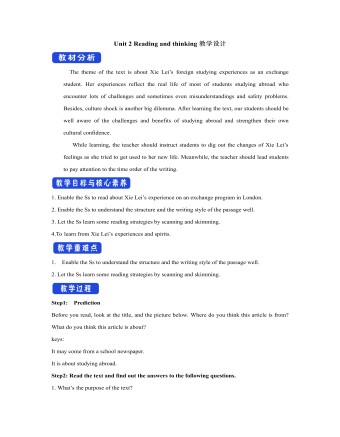
新人教版高中英语选修2Unit 2 Reading and thinking教学设计
- 页数:4页
- |大小:131.50KB
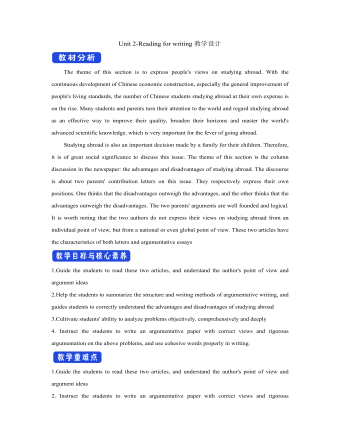
新人教版高中英语选修2Unit 2 Reading for writing教学设计
- 页数:5页
- |大小:126.00KB
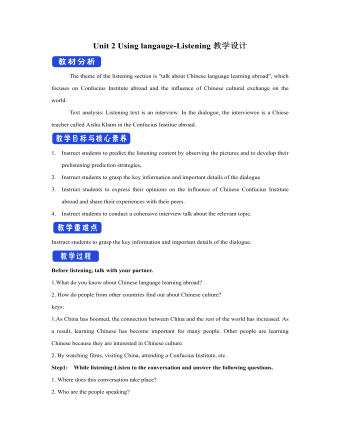
新人教版高中英语选修2Unit 2 Using langauge-Listening教学设计
- 页数:4页
- |大小:139.00KB
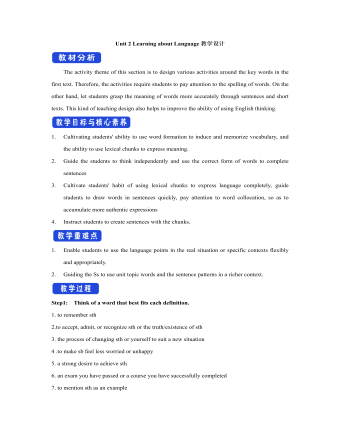
新人教版高中英语选修2Unit 2 Learning about Language教学设计
- 页数:4页
- |大小:131.50KB
热门课件教案
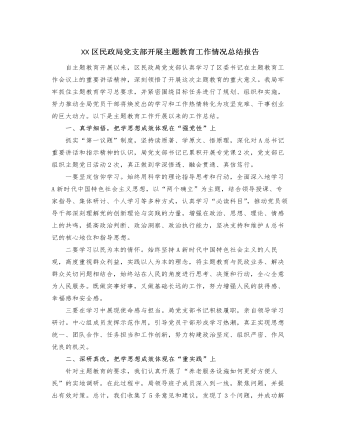
XX区民政局党支部开展主题教育工作情况总结报告
- 页数:3页
- |大小:24.47KB
- 课件教案
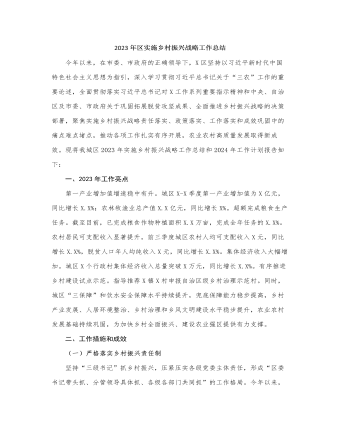
2023年区实施乡村振兴战略工作总结
- 页数:6页
- |大小:27.90KB
- 课件教案

精选高中生期末评语
- 页数:42页
- |大小:7M
- 课件教案
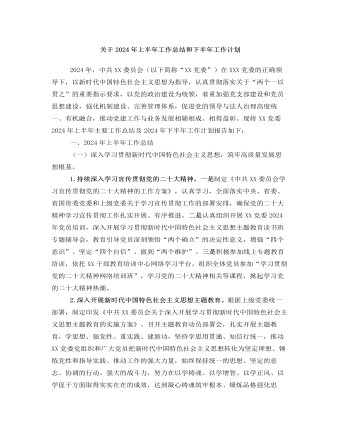
关于2024年上半年工作总结和下半年工作计划
- 页数:5页
- |大小:29.72KB
- 课件教案
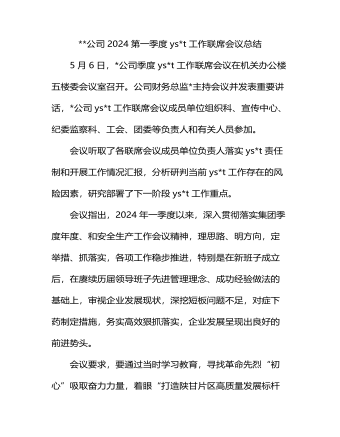
公司2024第一季度意识形态工作联席会议总结
- 页数:6页
- |大小:141.67KB
- 课件教案
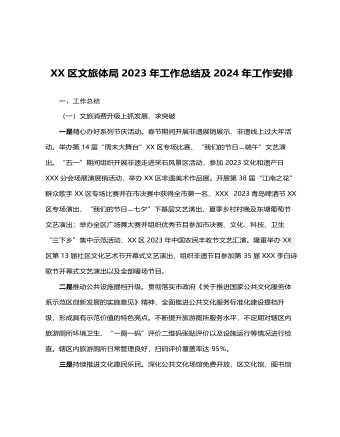
XX区文旅体局2023年工作总结 及2024年工作安排
- 页数:8页
- |大小:32.41KB
- 课件教案
今日更新

精选高中生期末评语
- 页数:42页
- |大小:7M
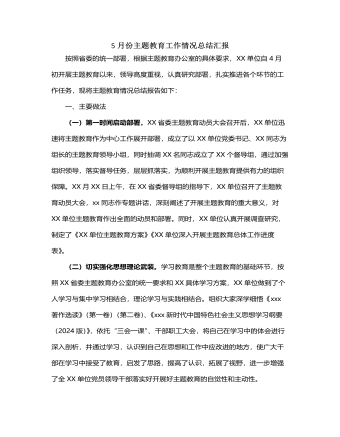
5月份主题教育工作情况总结汇报
- 页数:3页
- |大小:136.87KB
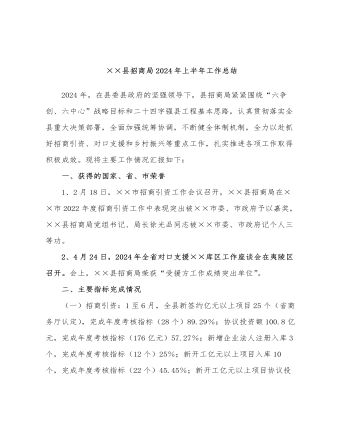
××县招商局2024年上半年工作总结
- 页数:12页
- |大小:142.54KB
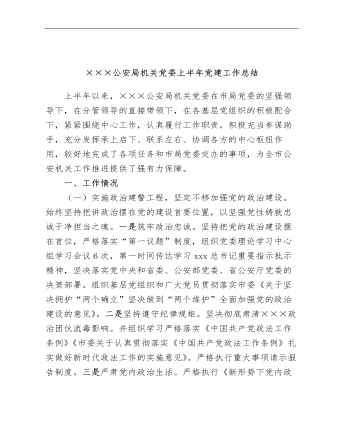
×××公安局机关党委上半年党建工作总结
- 页数:7页
- |大小:186.25KB
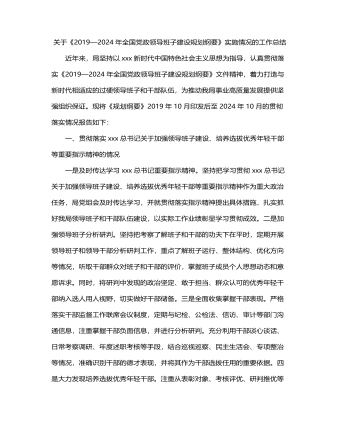
《2019—2024年全国党政领导班子建设规划纲要》实施情况的工作总结3800字
- 页数:6页
- |大小:29.16KB
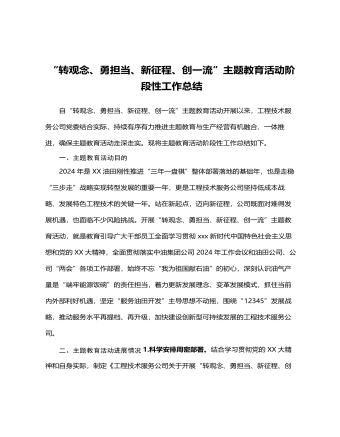
“转观念、勇担当、新征程、创一流”主题教育活动阶段性工作总结
- 页数:3页
- |大小:22.76KB











